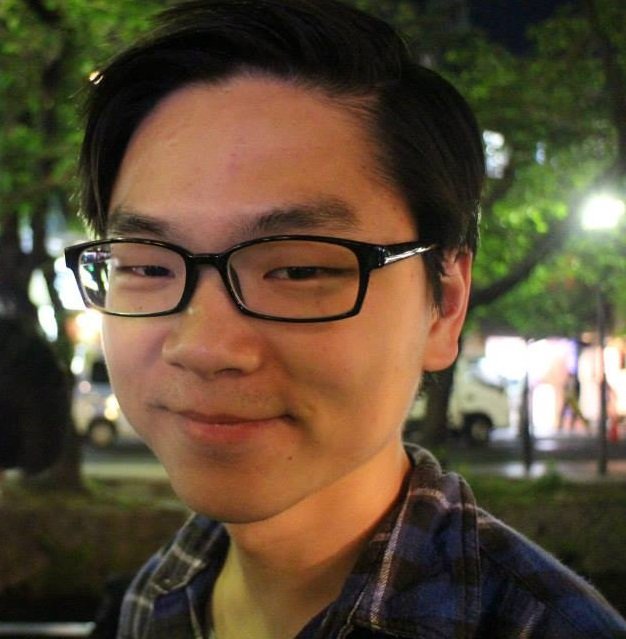Daniel Moon '15

Q: What made you interested in studying about Japan or studying the Japanese language?
Miyazaki Hayao's movies were a big hit in South Korea when I was growing up there through elementary and middle schools, and as someone with an interest in East Asian history, I thought learning the Japanese language and culture could be valuable for my hobbies and studies.
Q: How did you decide on your major and minor? If Japanese/Asian Studies was not your major, how did your study of Japan or Japanese complement your major?
I majored in Political Science, and most of my classes and academic work revolved around East Asian politics and history. Minoring in Japanese allowed me to not only learn the language, but also become acquainted with Japanese history and culture (through classes such as Japanese Film and Animation) in a way that allowed me to add contextual depth to my understanding of Japanese politics.
Q: Describe a memorable classroom or extracurricular experience studying Japanese or Japanese culture.
I remember I read parts of a Japanese epic called The Tale of the Heike - a medieval Japanese account about a struggle between two clans for control of Japan at the end of the 12th century - during my junior year and presented a summary of the story and its historical background. The process of translating was a bit of a struggle, but it was also an opportunity to learn about a chapter in Japan's history through an indigenous account.
Q: How would you describe the experience of learning Japanese language to someone who is thinking about studying it for the first time?
Besides the basic alphabets of Hiragana and Katakana, learning Japanese also requires memorizing a good amount of Kanji characters in order to be able to read Japanese texts. The process is going to be gradual and challenging at times, but the reward is worth the challenge. The movies that you used to watch with subtitles take on a different tone and become a more visceral experience to you; given that the various characteristics of the Japanese language - such as its dictional and grammatical characteristics - are a reflection of Japan's cultural nuances, you find that you discover new ways of interpreting and perceiving aspects of your everyday life; you find that you can visit a country you always wanted to visit without having to worry about getting lost, or not enjoying the full experience because of your language barrier.
Q: Did you study abroad in Japan? If so, please tell us a little about your experience.
I studied in Kyoto, Japan through the Kyoto Consortium of Japanese Studies during Fall 2013. I lived with a host mother who lived alone in the outskirts of Kyoto, in a suburb next to Arashiyama. My school life consisted of going to classes managed by my study abroad program, some of which were attended by local Japanese students at Doshisha University. My social life consisted of hanging out with my host mother, getting tea and gossiping with her friends (at least trying to), going to hot springs, trips to shrines and famous tourist destinations, watching sumo matches, eating quality Japanese food, going out to bars, and traveling to different parts of Japan. My study abroad group started out as a social bubble, but we gradually expanded our group to hang out more with Japanese students, which helped a lot not only with improving our language skills, but also with fully experiencing the study abroad semester. I would definitely recommend that anyone studying Japanese take the opportunity to study abroad in Japan.
Q: What are you doing now? What are your future plans? How has the study of Japanese and Japanese culture affected your life?
I am currently an analyst at a corporate consulting firm in Reston, Virginia, and will be enrolling in Johns Hopkins University's SAIS (School of Advanced International Studies) program in Fall 2016. As a Pickering Fellow, I will be joining the US Department of State as a foreign service officer after graduation. I believe that studying Japanese and Japanese culture expanded my outlook on life in such a way that allowed me to become more accepting of different perspectives, and approach different lifestyles with humility and an open mind. To anyone considering learning the Japanese language, I would recommend that you complement your language studies with an activity where you can apply your language skills (watching Japanese movies, reading Japanese books, studying abroad, etc.).


